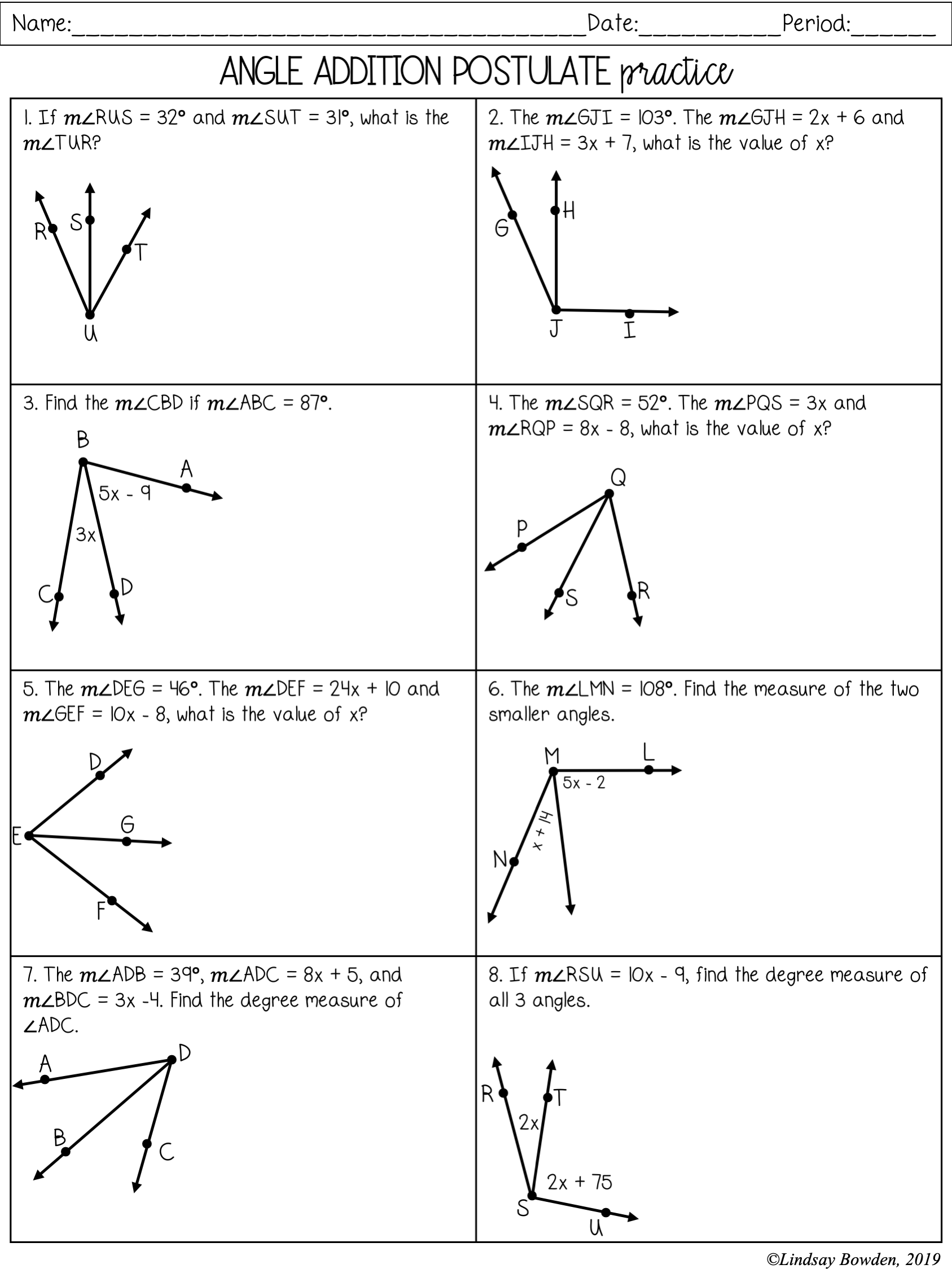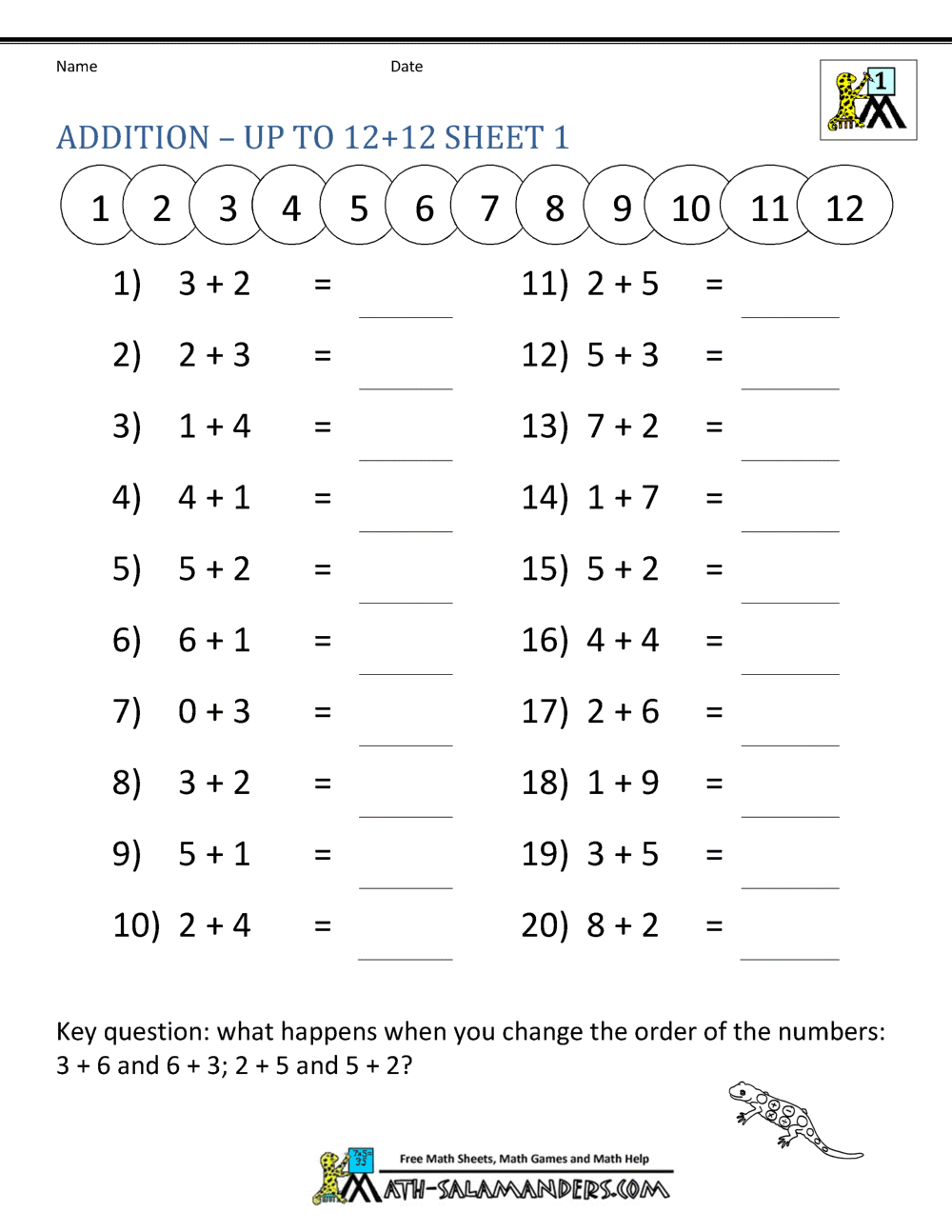5 Essential Coping Skills Worksheets for Youth
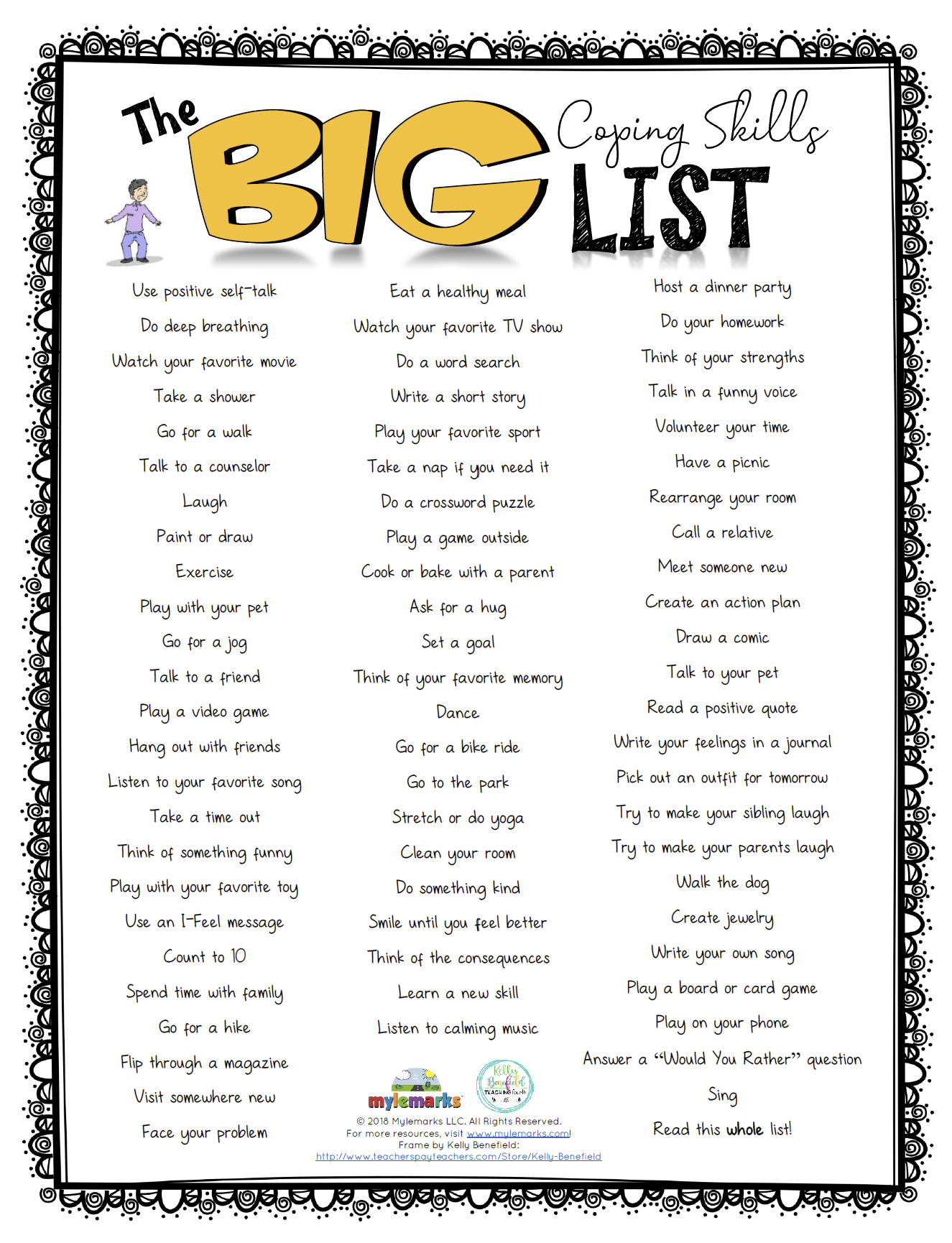
In today's fast-paced world, mental health among young people has become a focal point for parents, educators, and mental health professionals. The growing prevalence of stress, anxiety, and other emotional challenges among youth necessitates accessible and practical coping mechanisms. One effective approach is the use of coping skills worksheets. These tools provide structured activities that help young individuals manage their emotions, develop resilience, and learn to navigate life's ups and downs with confidence. In this comprehensive blog post, we will delve into five essential coping skills worksheets tailored specifically for youth.
1. The Feelings Wheel Worksheet
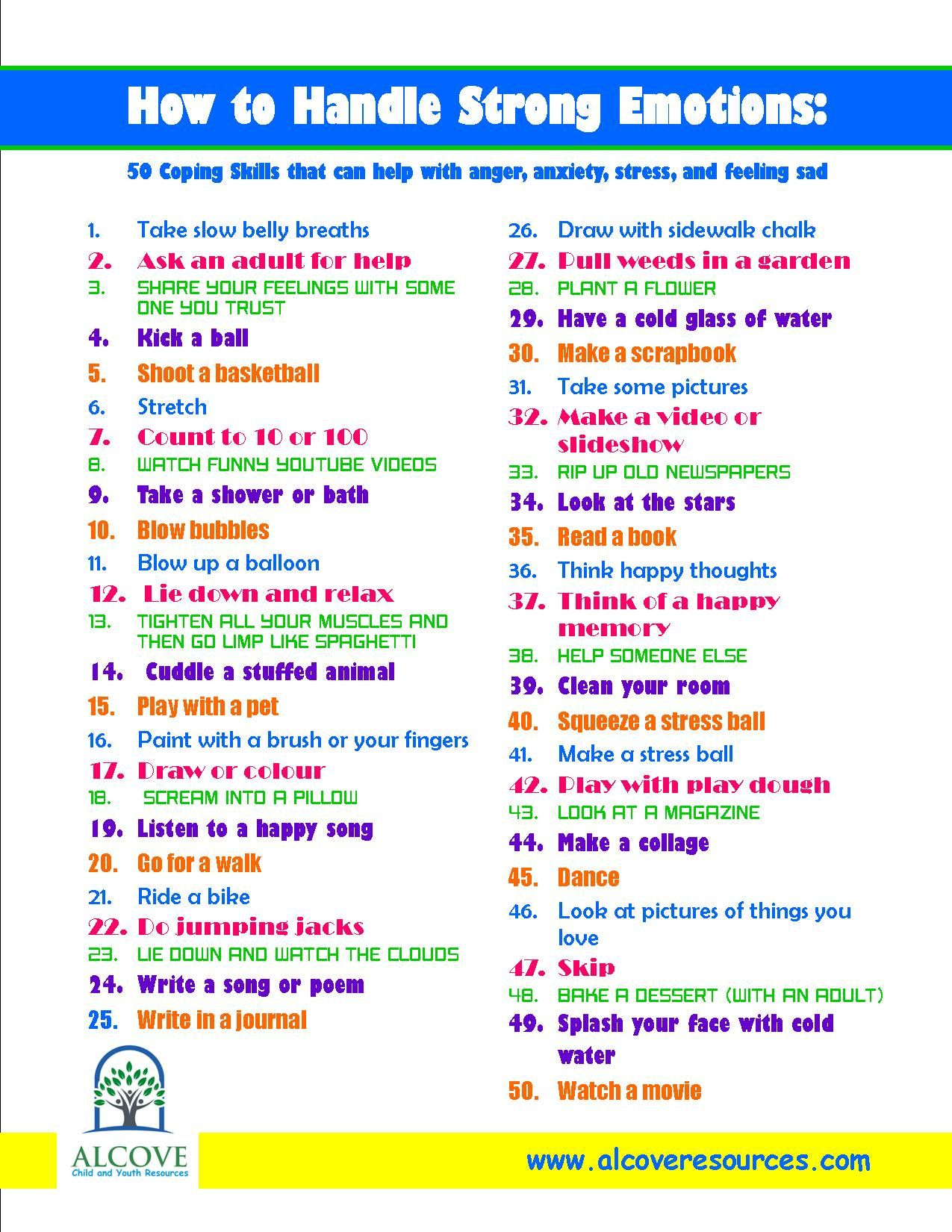
The Feelings Wheel is an excellent starting point for youth to explore and identify their emotions:
- Activity: Draw a circle and divide it into sections labeled with basic emotions like sadness, anger, happiness, fear, and surprise. Extend these sections with more nuanced emotions branching out from each.
- Benefits: Encourages emotional intelligence, recognition of one’s feelings, and the normalization of emotional experience.
- Usage: Guide youth to identify their emotions by locating them on the wheel, helping them articulate what they feel and why.
💡 Note: The Feelings Wheel can be particularly useful for those who struggle with expressing emotions or understanding the complexity of feelings.

2. Thought Records for Cognitive Restructuring
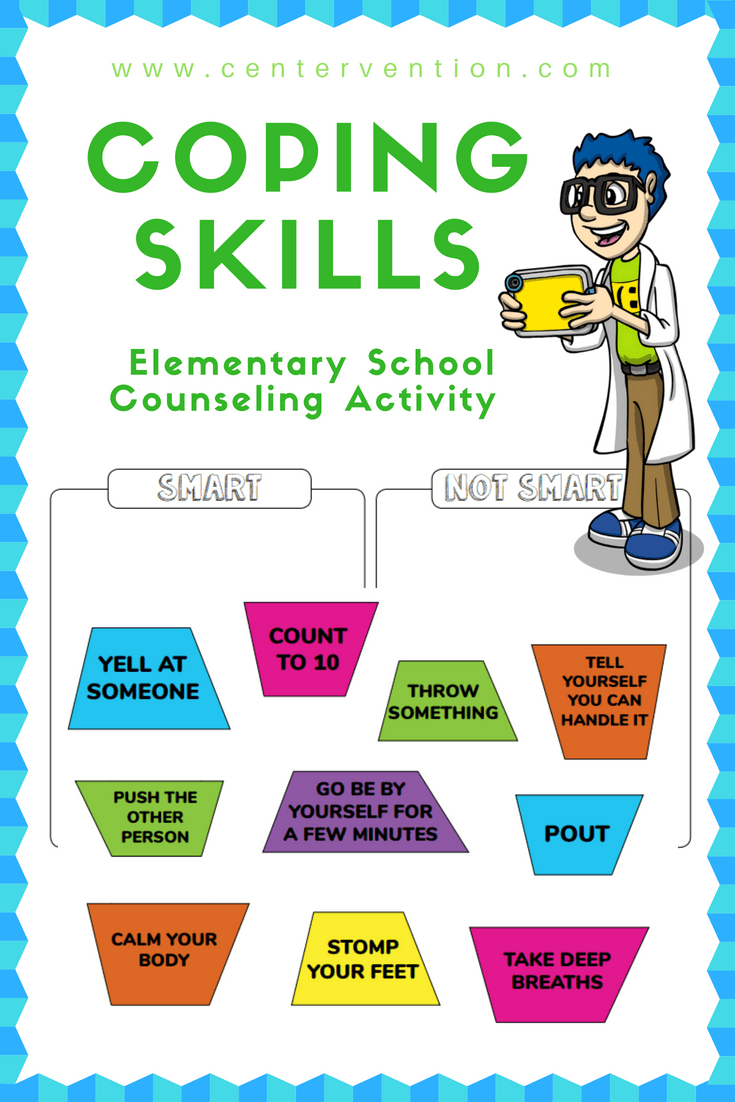
Cognitive restructuring is a cornerstone of cognitive-behavioral therapy:
- Activity: Create a worksheet with columns for Situation, Thoughts, Feelings, Evidence for the Thought, Evidence Against, and a Balanced Thought.
- Benefits: Helps identify and challenge negative thought patterns, replacing them with more balanced, realistic thoughts.
- Usage: Encourage youth to fill out this worksheet when they encounter distressing situations, promoting a shift in their cognitive processes.
💡 Note: Thought Records should be revisited regularly to reinforce the cognitive restructuring process.
3. Gratitude Journal Worksheet

Cultivating gratitude can significantly enhance well-being and positivity:
- Activity: Design a daily or weekly gratitude journal where youth list things they are thankful for, including events, people, or simple pleasures.
- Benefits: Fosters positivity, reduces stress, and builds resilience through focusing on the positive aspects of life.
- Usage: Make it a habit for youth to write down at least three things they are grateful for each day or week.
💡 Note: Keeping a gratitude journal can be as simple as a notebook or as creative as a decorated diary, depending on the youth's preferences.
4. Problem-Solving Worksheet

Life is filled with challenges, and learning how to address them proactively is crucial:
- Activity: Provide a worksheet with sections for defining the problem, listing possible solutions, evaluating pros and cons, deciding on action, and reviewing the outcome.
- Benefits: Enhances critical thinking, decision-making, and proactive problem-solving skills.
- Usage: Teach youth to use this worksheet when they face a problem, helping them structure their thoughts and actions.
💡 Note: Ensure the problem-solving worksheet is age-appropriate and relates to common issues young people encounter.
5. Self-Care Plan Worksheet
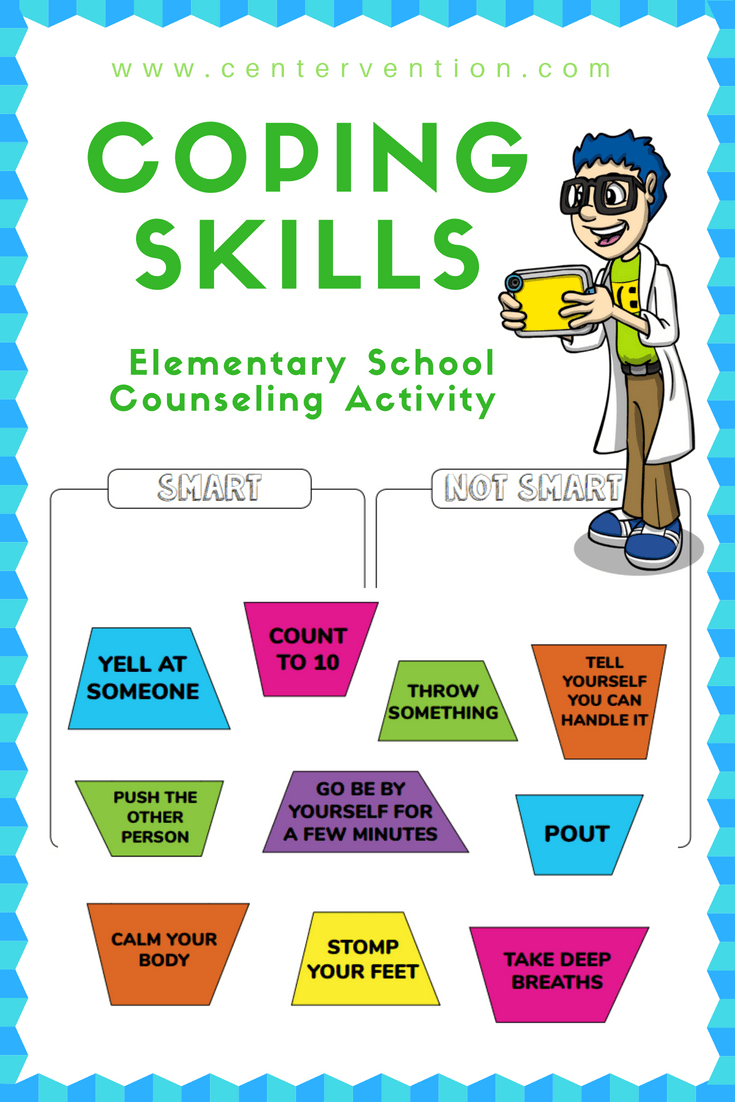
Creating a balanced self-care routine is vital for mental health:
- Activity: Develop a worksheet with categories like physical, emotional, social, and intellectual self-care, where youth can list activities that rejuvenate them in each area.
- Benefits: Encourages holistic self-care practices, reducing burnout and fostering personal growth.
- Usage: Guide youth to complete their self-care plans, regularly reviewing and updating them to meet their evolving needs.
💡 Note: Self-care plans should be personalized, encouraging youth to explore what truly brings them joy and relaxation.
In wrapping up, the utilization of coping skills worksheets serves as a foundational tool for fostering resilience, emotional intelligence, and positive mental health practices among young individuals. By providing structure and guidance, these worksheets can help youth navigate their emotional landscapes with confidence. Implementing these worksheets in schools, therapy sessions, or at home can yield profound benefits, encouraging not just temporary relief but also the development of long-term coping strategies. It’s about empowering youth to take charge of their mental well-being, equipping them with the skills they need to thrive in an ever-changing world.
Why are coping skills important for youth?

+
Coping skills are crucial for youth because they provide the tools to handle stress, navigate emotional challenges, and foster resilience. These skills help young individuals develop strategies to manage their emotions effectively, reducing the risk of mental health issues and promoting overall well-being.
How can I make these worksheets more engaging?
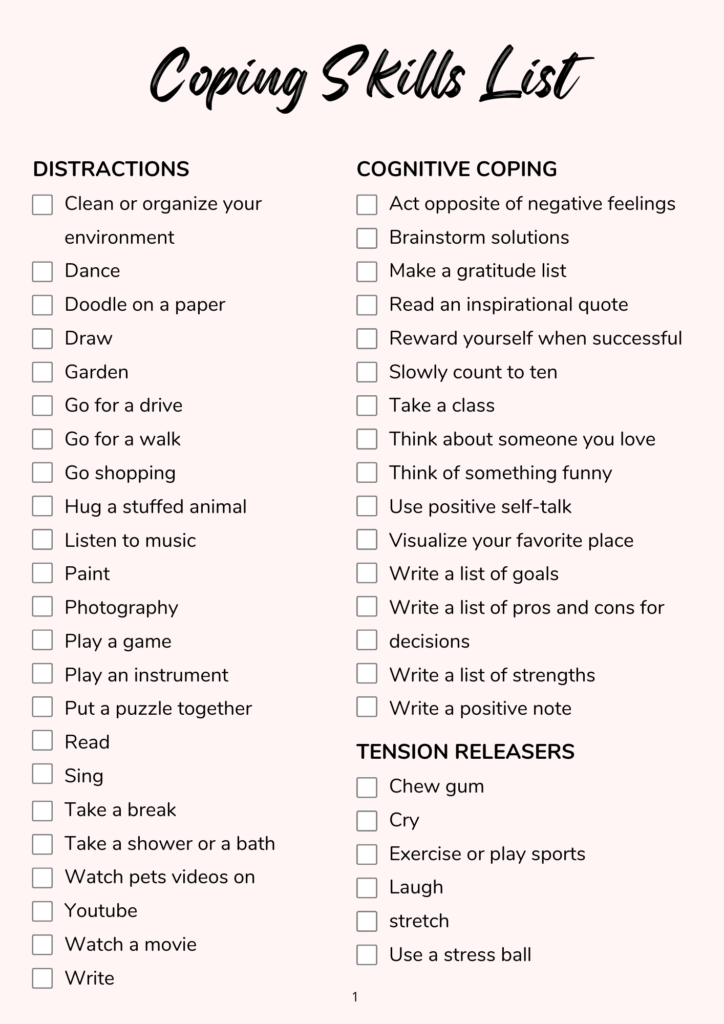
+
To make these worksheets more engaging, consider customizing them with personal interests, using colorful designs or illustrations, and incorporating interactive elements like stickers or drawings. Also, turning the worksheets into a game or challenge can make the process more appealing and fun for youth.
Can these worksheets be used in a group setting?
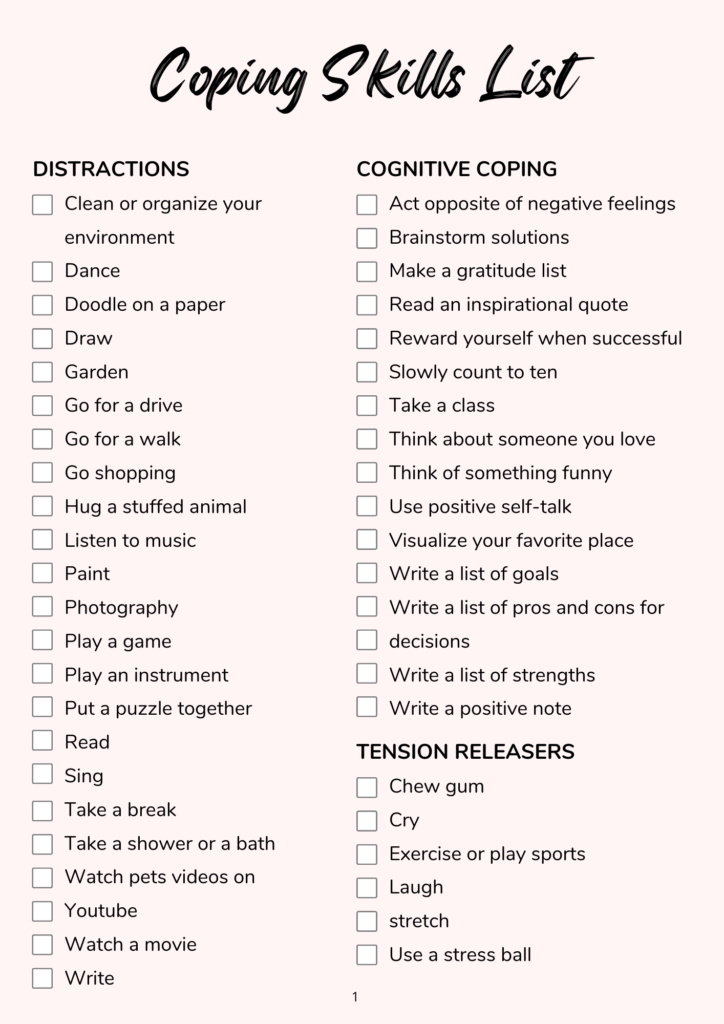
+
Absolutely! These worksheets can be incredibly effective in group settings. They can facilitate discussions, allow for shared experiences, and provide a platform for peer support and learning. Group leaders can guide the sessions, offering structure while encouraging interactive learning.


